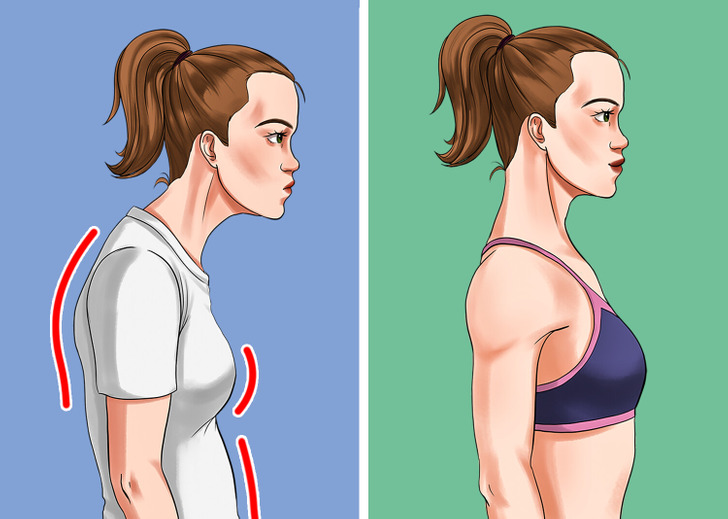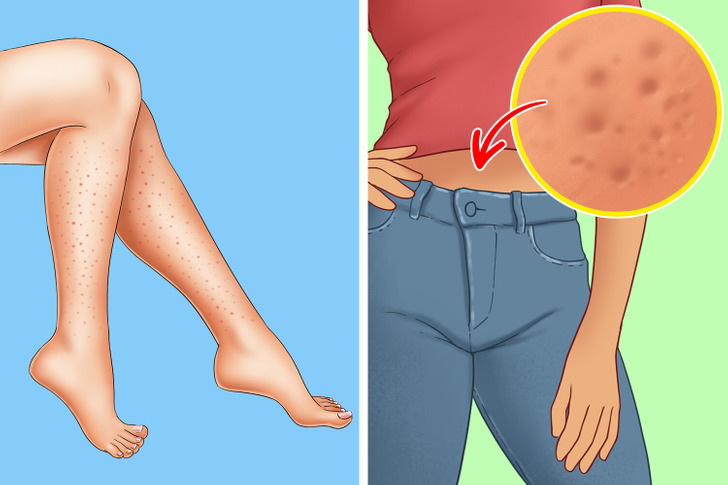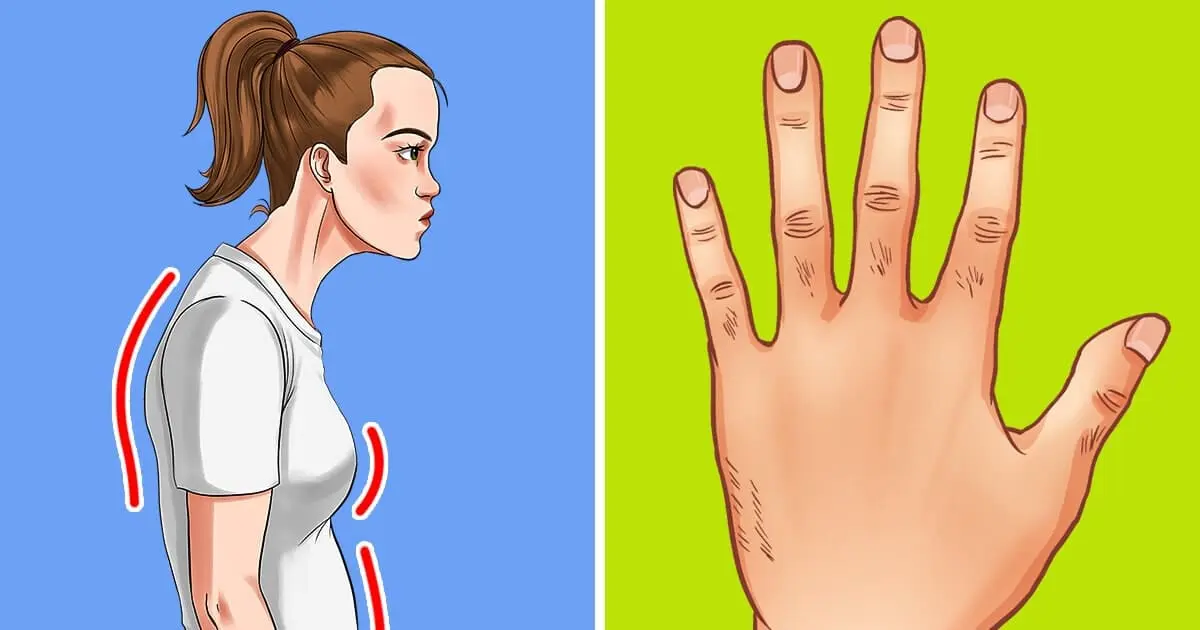Autoimmune conditions can be tricky—they often start with subtle symptoms that are easy to overlook or dismiss as everyday fatigue or stress. But what if those small annoyances, like lingering exhaustion or random aches, are actually your body trying to tell you something more?
Many people go years without realizing their immune system is working against them. Paying attention to the early warning signs could make all the difference in getting the right care sooner. In this article, we’ll explore some common red flags that might be worth a second look.
CONTENT IS PROVIDED FOR INFORMATIONAL PURPOSES ONLY AND IS NOT INTENDED AS A SUBSTITUTE OF MEDICAL ADVICE.
SEEK GUIDANCE OF YOUR DOCTOR REGARDING YOUR HEALTH AND MEDICAL CONDITIONS.
Unexplained muscle or joint pain

If you wake up with sore muscles or aching joints without an obvious reason, it could be a sign of an autoimmune disorder. Unlike regular soreness from exercise, this type of discomfort often lingers or gets worse over time. The pain may come and go or be accompanied by stiffness, especially in the morning. If your fatigue is paired with ongoing joint or muscle aches, it’s worth discussing with a doctor.
Frequent fevers or feeling unwell

A healthy immune system fights off infections, but when it starts attacking the body, it can cause frequent low-grade fevers. You might notice you often feel slightly warm, flushed, or just generally unwell without having a cold or flu.
These fevers are usually mild but can leave you feeling drained and exhausted. If you find yourself getting sick often or always feeling like you’re coming down with something, it could be an autoimmune response. Keeping track of these episodes can help you and your doctor figure out what’s going on.
Skin rashes or sensitivity

Many autoimmune diseases affect the skin, causing rashes, redness, or sensitivity to sunlight. You may develop dry, flaky patches, unexplained redness, or a butterfly-shaped rash across the nose and cheeks. Sometimes, these symptoms come with itching, making them even more uncomfortable. If your skin issues don’t seem to improve with regular treatments, they could be a sign of an underlying autoimmune problem.
Digestive problems

If you’re dealing with ongoing stomach pain, bloating, or diarrhea, an autoimmune disorder could be the cause. These issues often come with food intolerances, or unexplained weight changes. While occasional stomach troubles are normal, persistent digestive problems could indicate something more serious. Paying attention to how your body reacts to different foods can help identify potential triggers.
Brain fog and difficulty concentrating

© Photo By: Kaboompics.com / Pexels
Fatigue from an autoimmune disorder isn’t just physical—it can also affect your mental clarity. Many people with these conditions experience “brain fog,” which makes it hard to focus, remember things, or think clearly. You might struggle with simple tasks, feel mentally drained, or have trouble finding the right words. This can make daily life more challenging and add to feelings of frustration and exhaustion.
Hair loss or thinning

Unexpected hair loss can be alarming and is sometimes linked to autoimmune disorders like alopecia. In these cases, the immune system mistakenly attacks hair follicles, leading to thinning or bald patches. You may notice more hair in your brush, on your pillow, or in the shower drain.
While some shedding is normal, sudden or excessive hair loss is worth paying attention to. If you’re experiencing this along with fatigue and other symptoms, it’s a good idea to seek medical advice.
Numbness, or tingling hands and feet

Ever get that weird tingling or numb feeling in your hands and feet? Maybe your fingers turn icy cold a little too easily, especially when it’s chilly, or you’re stressed out. It might seem harmless at first, but if it keeps happening—or even starts getting uncomfortable—it could be a sign of something more.
Over time, these sensations might become harder to ignore. If you’re dealing with this along with constant fatigue, it could be worth looking into what’s really going on with your immune system.
Caffeine may be the go-to boost that jumpstarts your mornings, but for some, it can be more of a hidden disruptor than a helpful energy source. If you’ve ever felt unwell without knowing why, your daily coffee habit could be the culprit. Many people overlook the subtle warning signs of caffeine intolerance until they become impossible to ignore.
credits by: Brightside.me






